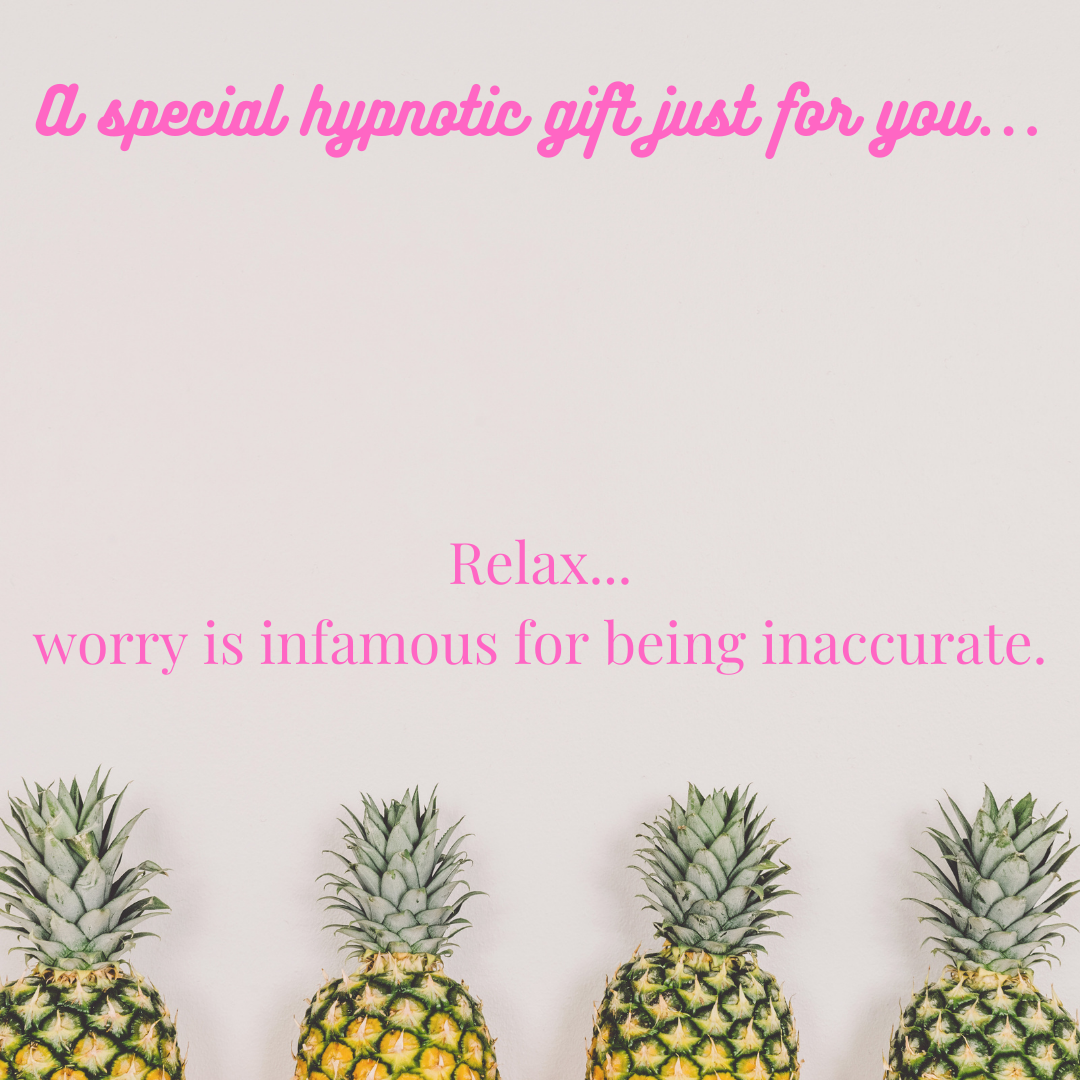Get to Know Yourself Better
Know Yourself Better: Self-knowledge is the path to embracing one’s unique personality. Yet this path to self-awareness requires a bit of soul searching. This can be challenging for some people. It is for me.
|
Knowing who you are shapes your future. It establishes your values and beliefs and determines how you will live your life. We can also find ourselves questioning who we are when life’s challenges begin to overwhelm us. It is at these very moments when we must remember the following guidelines. Once you commit yourself to this process, you can move closer toward realizing your true potential. Let’s get started. Tip #1: Be Still As hard as it seems, shed the discomfort and agitation. Allow yourself to sit quietly and contemplate. In the beginning, the only thing you should hear is your stomach growling because it's almost time for lunch. |
Turn inward and consider where you are in life and where you would
like to be. Are you pleased with the person you do know? Have you
discovered anything that you didn’t know about yourself?
Listen to yourself. Think of it as a form of mindfulness meditation where you focus completely on the present moment.
Tip #2: Ask the Right Questions
Here are some important questions you can ask yourself today:
What are my core values? Am I in touch spiritually? Would I like to be? What’s the purpose of my role on planet Earth? We all have a purpose. Who’s my biggest role model? Why? What makes me feel secure? Or Who? Am I comfortable being me? What are my short-term and long-term goals?
Write down the answers on post-its and hang them up next to your bed or bathroom mirror. You can also jot the answers down in a journal. In fact, experts say journals are one of the most effective tools of self-awareness. So is being whacked in the shins by a golf club – you are definitely aware.
Tip #3: Find Your Strengths
Each one of us is here for a reason. We all play an important part in this life. Some of us do certain things better than others. That’s the natural order of things. Assessing your strengths and capabilities is necessary on the journey of discovering who you really are. Focusing on your strengths boosts self-confidence and increases your drive to achieve more. Only then, will you be able to make room for better, more productive things in your life.
Keep in mind that it’s equally important to figure out what you’re not good at. Allow yourself to try different things. Then, by trial and error, you’ll know exactly what you’re good at and what you should steer clear of. Within reason, I believe it’s important to further develop one’s strengths rather than focus on improving upon weaknesses – just my opinion. Interestingly enough, your strengths will almost always align with your core values. Together, they can help you manage your life path, both at home and at work.
Tip #4: Discover Your Passion
Now that you know what you’re good at, it’s time to hone in on the things that excite you and give your life purpose, passion, and strength. Purpose, passion, and strength push you to achieve new goals. I believe the best way to achieve this is by investing time in getting to know yourself. It pays. ~ Ted
Know Yourself Better: 8 Ways to Learn About YOU ~parts adapted via Psychcentral.com
|
1. Examine your reactions Becoming aware of your physical self and how it responds to the world around you can give invaluable information about your deeper inner life. Why? Our bodies hold insights, too — often without our cognitive awareness, she says. Any time you have a strong physical sensation, instead of reacting right away, you could pause for a moment and perhaps ask yourself these questions:
|
2. Keep a dream journal
Our dreams are often mysteries, or just plain weird — but that’s actually the point. Consciously allowing space and time to that which you may not fully understand can be a powerful way to gain deeper knowledge of yourself.
During sleep, our minds may work through difficult situations. Our emotions may reveal themselves in the safe confines of our dreams.
To keep a dream journal:
- Put a notebook and pen on your nightstand.
- Jot down what you remember as soon as you wake up.
- Make a quick list of what happened, how you felt, what you thought, and any specific details — no matter how small or seemingly meaningless.
- Reflect on any connections between the dream and your current or past feelings or situations, or any patterns or themes that emerge over time.
3. Keep a regular journal, too
Journaling, in general, is a process of sifting through the weeds of the mind, bringing what is below the surface of our awareness up into the light.
Journaling also helps us understand the narrative of the mind, and to safely and nonjudgmentally express and process thoughts, feelings, and emotions, even the most challenging ones.
There are many ways to journal, including using specific prompts, making lists, or writing down whatever comes to mind at the moment. What’s best is really up to you.
To get started, you might try these prompts:
- “Right now, I am feeling…”
- “Today, I can’t stop thinking about…”
- “I wish I didn’t have to…”
- “Today, I’m struggling with…”
- “When I close my eyes, this immediately comes to mind…”
4. Imagine your perfect day
Take the time to think through what is meaningful to you — and why. Your ideal day might be something that happened in the past or something you wish were to happen.
Picture your fulfilling day from morning to night, exploring these questions:
- How do you feel when you wake up?
- What rituals do you practice?
- Who do you see?
- What do you smell, taste, and hear?
- How do you spend your day?
- How do you feel throughout the day?
- Before bed, what do you feel as you reflect on your day?
- Why is this a fulfilling day for you?
5. Detect your drains and pick-me-ups
To further use your self-knowledge to build deeply satisfying days, create 2 lists:
- one list with activities and people that recharge you and make you feel like the best version of yourself
- another with activities and people that drain or deplete you
Is overcommitment to activities and people-pleasing weighing you down?
Wait a few days, bring the lists back out and talk with someone who knows you well to see what patterns emerge.
6. Meditate
Another way to think of it? Simply sit with yourself. Meditation is about being with the truth of our experiences. It is the practice of being able to be with ourselves as exactly who, where, and how we are in that moment, without judgment.
Meditating regularly (for even just a few minutes) can normalize the practice for you and help you reap the introspective rewards.
If you’re new to meditation, it might be helpful to try a guided practice:
- Meditation apps are a great place to start. They take you through the early steps of developing a practice and help you make it a habit.
- Self-compassion guided meditations offer a variety of affirming prompts to focus your meditation practice.
7. Draw it out
Whether you’re an artist or someone who can barely sketch a stick figure, take out some paint, markers, or crayons. Scan your body and notice what emotions arise. Then, choose colors and shapes based on those feelings.
When we focus on colors, shapes and feelings rather than words and immediate meaning-making, we connect to parts of ourselves that may not have been given a language yet, but which still hold vital clues as to what is happening underneath.
8. Focus on frustrations
While it’s not exactly easy to explore negative situations or feelings, these very moments can provide a wealth of insight. When frustrating circumstances or painful feelings arise, jot down what happened and what thoughts came up, says Houghton, and ask yourself:
- What is this moment here to teach me?
- What old patterns might I be enacting?
- Am I letting fear or shame determine what I do?
Know Yourself Better and More Self-Esteem Goodness Know Yourself Better Know Yourself Better Know Yourself Better Know Yourself Better Know Yourself Better Know Yourself Better Know Yourself Better

